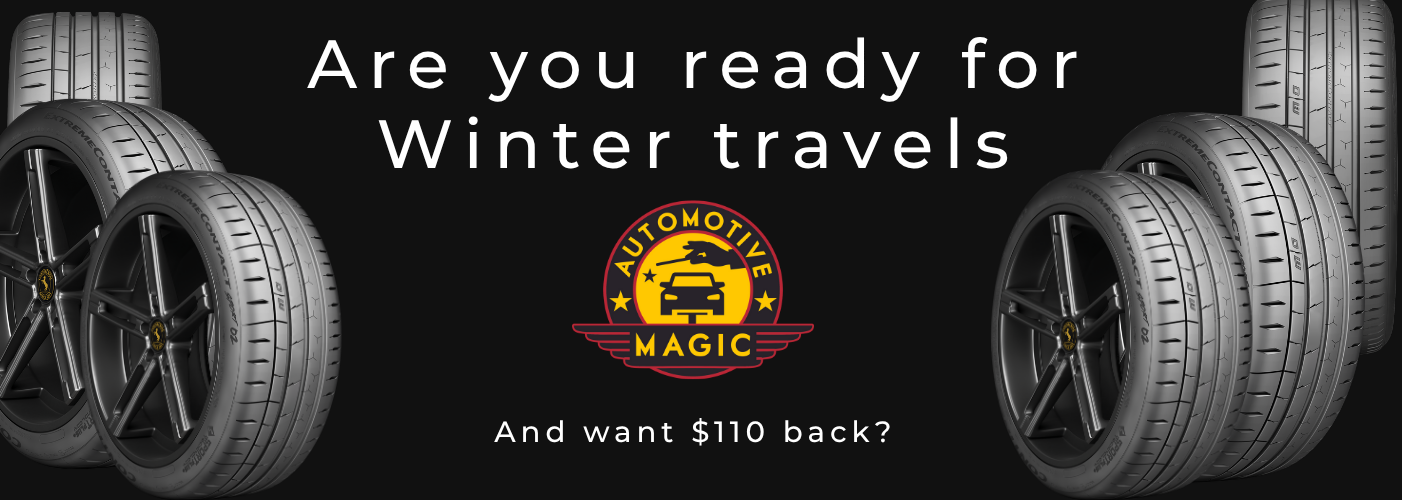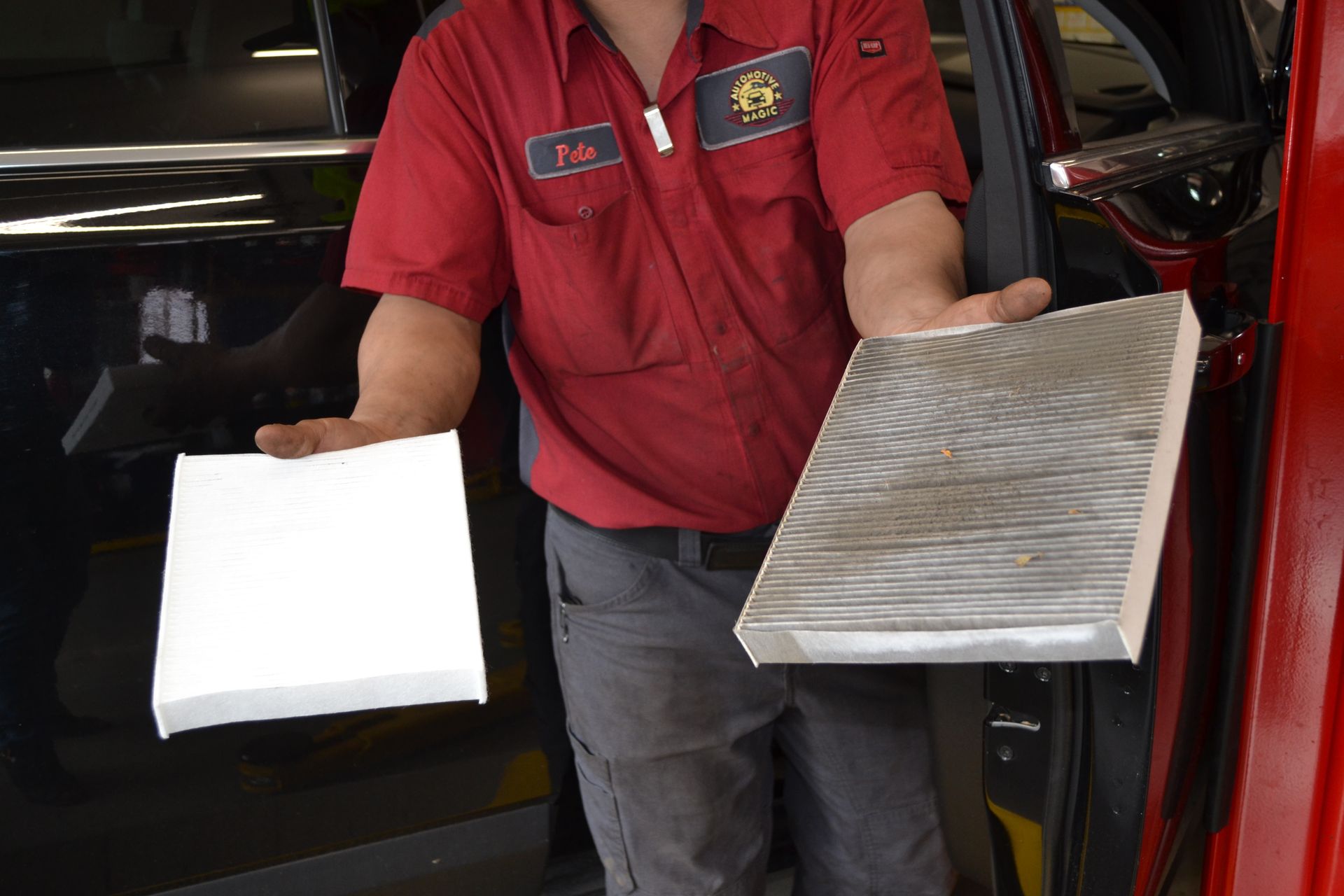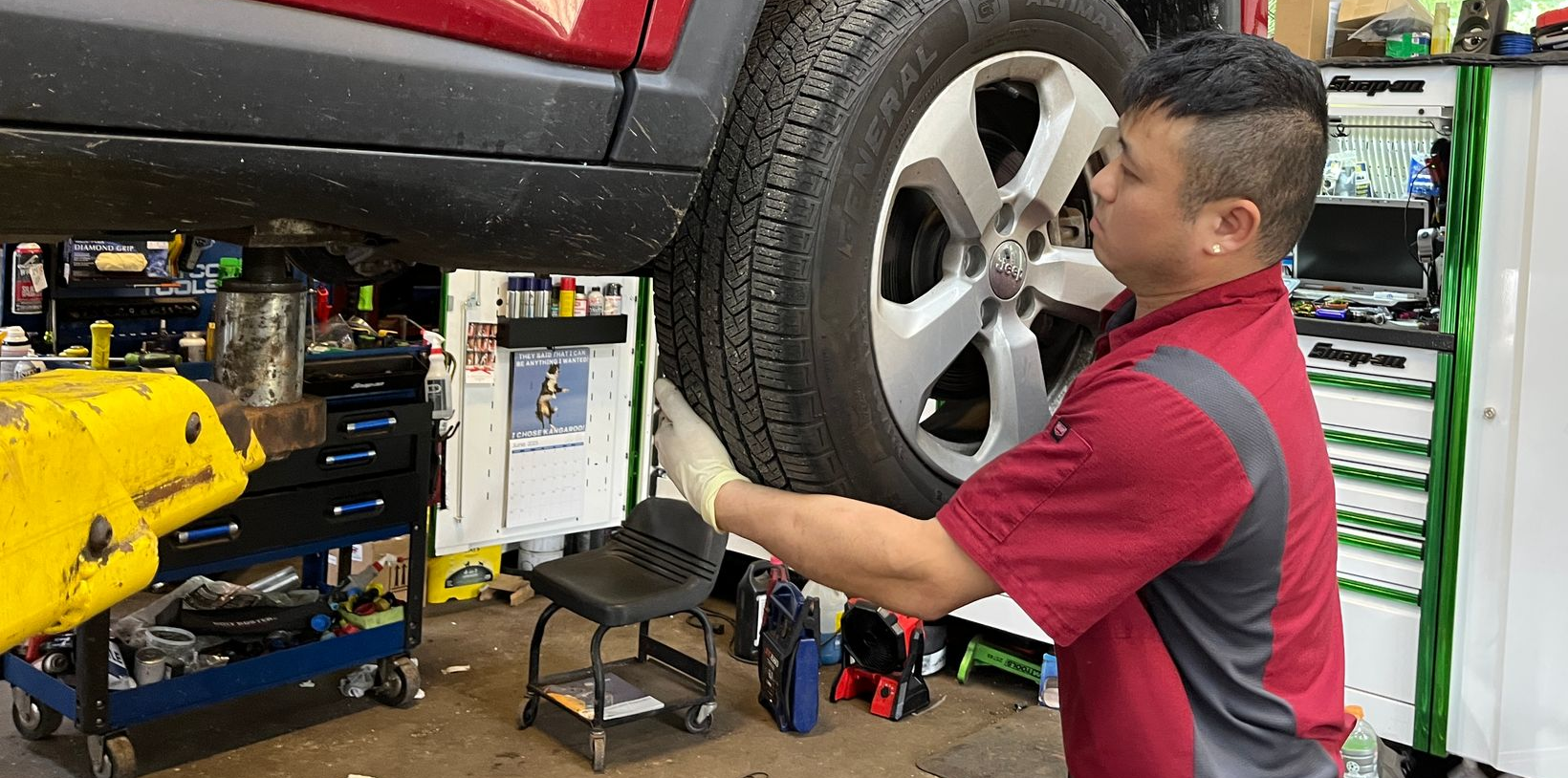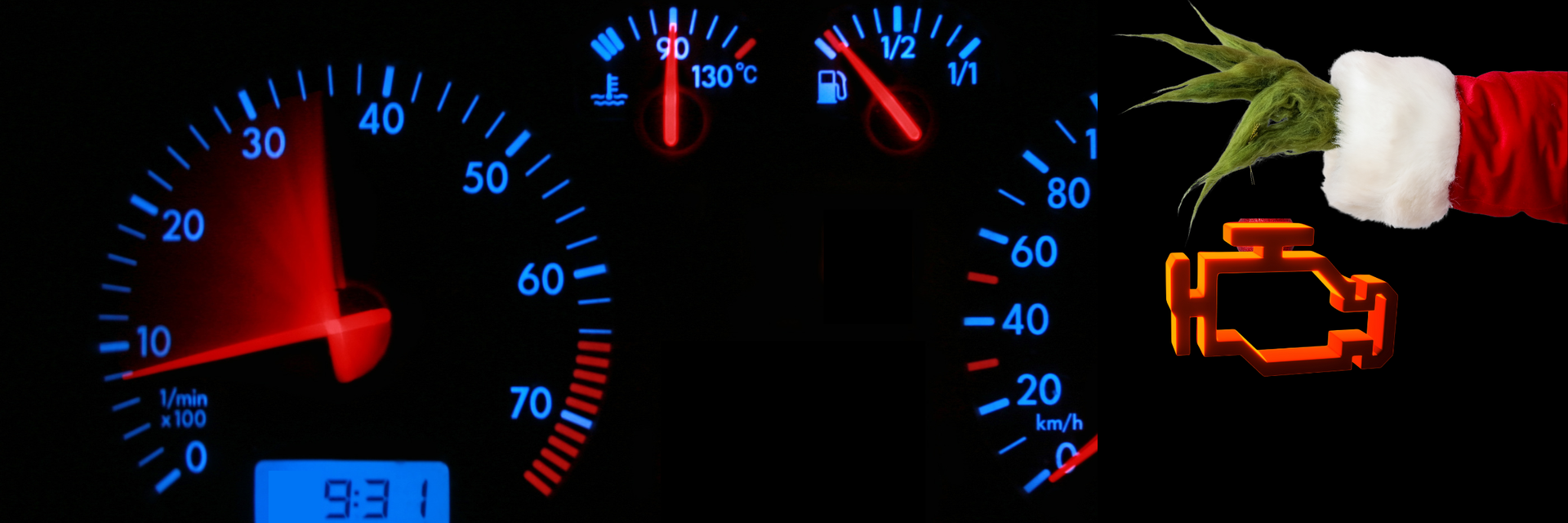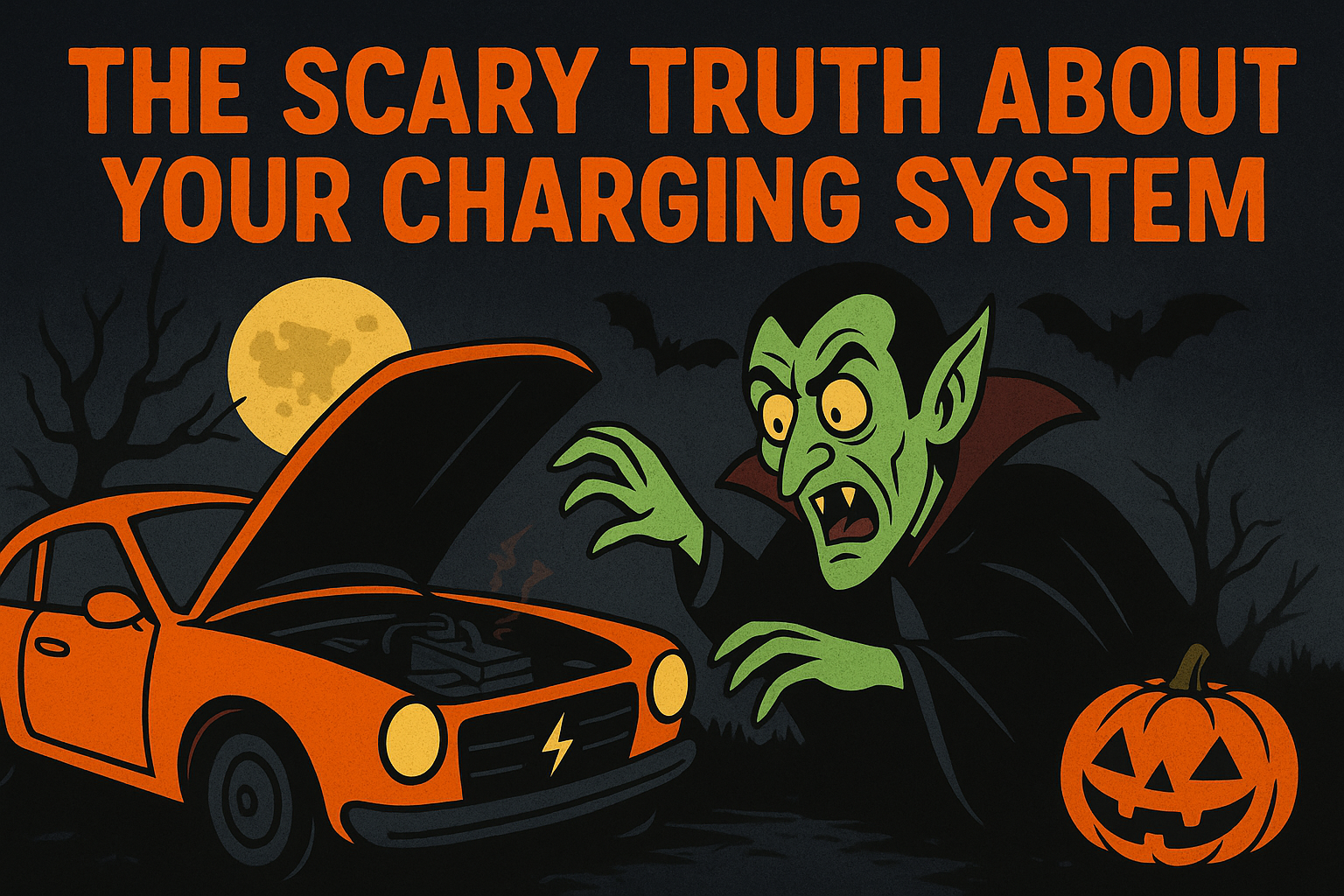State Inspections: What You Need To Know
State Inspections in Kenvil, NJ
No one likes the hassle of having to get their car inspected. Even though it only needs to be done every so often, it’s never an exciting trip to the MVC. Failing, getting a ticket for an overdue or failed inspection, or even waiting in line at the MVC are all common nuisances that no one wants to deal with, or worry about. We know, because we’ve been there. With that being said, we put together a guide of some things that we find helpful before heading up to the inspection station.
Why do I need to get my car inspected?
New Jersey requires passenger vehicles to be inspected to ensure cars are running within the constraints of emissions laws imposed by the EPA. Vehicle emissions contribute significantly to air pollution and environmental degradation, creating an unsafe environment for us to live in. Emissions inspections help ensure that vehicles are operating within acceptable limits, thereby reducing harmful pollutants released into the atmosphere.
Where can I get my car inspected?
To get your car inspected, you’ll have to either go to your nearest NJ MVC facility (Motor Vehicle Commission) or you have the option to go to a private inspection facility(PIF). The MVCs are state facilities and PIFs are private facilities. Often auto repair shops that get certified to do vehicle inspections like us here at Automotive Magic. Unlike the MVC, you do have to pay to get your vehicle inspected at a PIF. However, PIFs often have shorter wait times and are usually a more hassle-free option.
What to know before going to get your vehicle inspected
Getting a vehicle inspected is pretty easy for an owner. You’ll need to bring a valid vehicle registration, valid insurance card, and valid driver’s license to whatever facility you choose. Then all you have to do is give the inspector the paperwork you brought with you and they will take the car through the inspection process. You will either pass or fail depending on your vehicle’s status. Passing means they will put a new inspection sticker on your car and you’re good to go. Inspections are required every two years, so you won’t have to worry about it again for a while.
If your car fails the inspection, you will get a red rejection sticker and a report to help determine why it failed and how much time you have to fix it. You will also receive an Emissions Repair Form, which has to be filled out before the car is reinspected. If it failed emissions tests, the owner has the option to fix the issue themselves or take the vehicle to a registered Emissions Repair Facility (ERF). Similar to an overdue inspection sticker, you can get pulled over and cited with a rejection sticker so we recommend making the repairs quickly. Once the car is ready to be reinspected, make sure you bring the vehicle inspection report given when it failed, and the completed emissions repair form. If you made the repairs yourself, you must also bring receipts for emissions-related parts.
If your vehicle is newer than five years old, it must go to an MVC facility to be inspected. Vehicles less than 5 years old are eligible for a five-year exemption from the date they are manufactured. It will need to be inspected again by the last day of the month, five years from the manufacturer's production date, and will need to go through the regular two-year cycle from then on.
Common Failures
If you have a check engine light on, the vehicle will automatically fail the inspection. The check engine light indicates a problem with the vehicle that is likely to have an effect on the emissions it is releasing into the air. As soon as this light comes on, it is safe to say you’re not going to pass. Simply clearing the light will not solve your problem either. You may think you’re safe because there is no visible light, but the inspection computer knows all. It will be able to see that the light was cleared, and you will still fail if the root of the problem is not fixed.
Another thing to beware of is getting your car inspected soon after the battery is replaced. Unless a memory saver was used while changing the battery, the monitors that constantly run and look for issues in your vehicle will be reset. This means all of the monitors will be in an unready state, and the only way to get them ready is to drive the vehicle until they read enough information to be satisfied with the vehicle's performance. When the computer sees the monitors are not ready, it thinks there is an issue with the vehicle. That’s what people sometimes fail for, even though they have a new battery and nothing is wrong with their car.
The monitors just didn’t have enough time to gather information and confirm there were no issues. Usually between 50 and 100 miles of driving will set them to ready. This is also what happens when you clear a check engine light. The monitors are reset to unready, and can only be set to ready by driving the vehicle and letting the computers scan for issues. If you clear the check engine light without fixing the issue that made it come on, the monitors will catch the issue and stay unready, illuminating the check engine light once again.
Commercial Inspections
Different kinds of vehicles require different inspections. For example, inspections for commercial vehicles are a bit more in-depth. They are required more often and are more strict, including not only emissions tests but safety checks as well. The safety check includes things such as cracked windshields, tire tread depth, broken lights, play in the steering wheel, etc. There are also different inspections for diesel vehicles, school buses, commercial buses, and more. For more information on commercial inspections, check out the link provided below. https://www.nj.gov/mvc/inspection/inspections.htm
Exemptions
While most everyday vehicles are required to be inspected, there are some exemptions to this policy that you should be aware of. Some vehicles are not required to meet certain standards due to factors such as age and weight. For more information on vehicle exemptions, click the link provided below. https://www.nj.gov/mvc/inspection/exemptinsp.htm
Although they can be an inconvenience, it is important to remember the role that state vehicle inspections play in keeping our planet a cleaner and greener place. Without these mandated inspections, we would see a decrease in the quality of the air we breathe every day. It is a pretty straightforward process that can be taken care of relatively quickly, especially if you have everything ready to go and know what to expect. Remember to check the validity of your paperwork beforehand to make sure nothing is expired. You don’t want to run into any issues that need to be taken care of like an expired registration or insurance card. Automotive Magic is a state-certified private inspection and emissions repair facility. If you’re in the area and need an inspection or emissions repair to pass inspection, make sure to stop by, visit our website, or give us a call! We hope this clears up some confusion about state inspections and helps prepare you for your next visit.
Thanks for reading!

Shawn Gilfillan is the dedicated owner of Automotive Magic in Kenvil, NJ. With over two decades of experience, Shawn has led his team in providing expert auto repair and service since 2003.
In 2022, Magic Lube & Rubber was born in Lake Hopatcong, NJ. Committed to fostering strong community ties and supporting team development, Shawn prioritizes customer satisfaction above all. As a proud family man and long-time resident of Roxbury, NJ, Shawn brings a blend of professionalism and warmth to his business.
Trust Shawn and his team for all your automotive needs with confidence and assurance.
